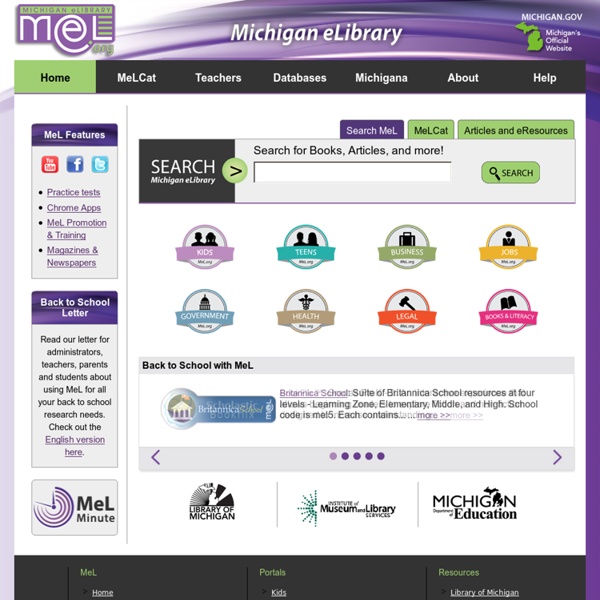



Data Visualization Project Gutenberg AEA 267 - Thinking Skills & Reasoning Introduction This page is designed for busy practitioners trying to design performance assessment tasks that align standards and benchmarks with assessments that really measure what's valued and that incorporate higher order thinking skills. Thinking skills and reasoning processes are considered a critical element to designing purposeful performance assessment tasks, as well as thought-provoking pencil-paper test items by experts such as Jay McTighe, Grant Wiggins, Richard Stiggins, Art Costa and Robert Marzano, to mention but a few. For decades, teachers have been learning about the levels of thinking skills/processes (i.e. Bloom's Taxonomy) and attempting to provide work for their students in such a way that it provides the practice, rehearsal and scrimmage necessary for students to become competent thinkers. What you find provided at this site, are templates reflecting a combination of the work of many great educational leaders, local as well as national. Material Use
Idea Sketch Thinkfinity Browse Resources Verizon Foundation proudly partners with some of the country’s top educational organizations to provide you with the latest topics, tools and trends in education. Created by the John F. Kennedy Center for the Performing Arts, ARTSEDGE provides resources and examples for teachers to teach in, through and about the arts. The site includes lesson plans, advocacy and professional development resources, and up-to-date information on arts programs from around the world. Visit ARTSEDGE Developed by the Council for Economic Education, EconEdLink provides teachers and students with lessons and classroom learning activities based on economics topics in the news and real-time economics data. Visit EconEdLink Presented by the National Endowment for the Humanities, EDSITEment features lesson plans and additional classroom resources about art and culture, literature and language arts, foreign language, history and social studies. Visit EDSITEment Visit Illuminations Visit ReadWriteThink
Games Learning Society In Crystals of Kaydor, you play the role of an advanced robot created to explore and learn, who crash lands on an alien planet. Discover the flora, fauna, and local residents, and help them solve problems through interpreting body language and nonverbal cues. In return, they may help you overcome obstacles of your own as you explore more of the environment. As you gather your missing parts, can you help restore balance to the planet?
Spelling City - Analogies Welcome to VocabularySpellingCity's introduction to Analogies! Here you can find word lists of analogies, see analogies examples, learn about types of analogies, and compare analogy vs. metaphor. You can also customize sentences to create funny analogies for kids that can be used to play analogy games. You can even generate an analogies worksheet from many of our games! An analogy (dog is to puppy as cat is to kitten, or, as it commonly appears on standardized tests, especially in higher grades: dog : puppy :: cat : kitten) is a comparison between two things that are usually thought to be different from each other, but have some similarities. Analogies are a ubiquitous staple of standardized tests. Types of Analogies include: Different types of analogies are introduced at different levels. Students often confuse analogies with metaphors. Analogies at a glance: Elementary School Analogy Words: big, snow, hand, pencil, apple, cat, happy, milk, ruler, eye
Adaptive Curriculum YoYo Games Last updated: 02/04/2019 We (meaning YoYo Games Limited, company number 05260718) use technologies on our website and mobile services (which we'll call the Services) to collect information that helps us improve your online experience. We refer to these technologies, which include cookies, collectively as “cookies.” We hope that this policy helps you understand and feel more confident about our use of cookies. Cookies are small text files that are stored on your computer or mobile device. Below we list the different types of cookies we may use on the Services. Essential Cookies. Essential cookies on the Services may include: Performance Cookies. Performance cookies on this Services may include: Functionality Cookies. Targeting or Advertising Cookies. For more information about targeting and advertising cookies and how you can opt out, you can visit or Google Adwords Facebook Twitter 1.